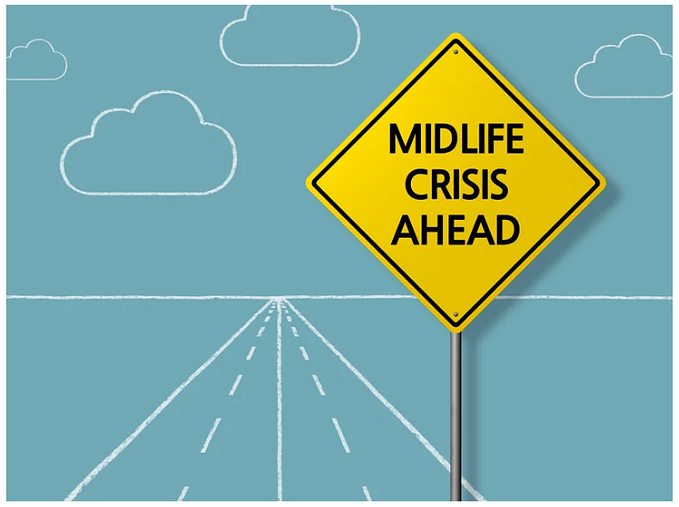Personal Thoughts
The Unexpected: Reframing Surprises and Outliers

Some days, you wake up and a fallen limb has busted a pipe or pump or blocked the road. You get a job to do that frustrates every plan.
Some days, you wake up and a light brush of snow has visited every branch and bench after a twenty degree swing. You get a morning coffee view, a gift of beauty.
When I had a baby, I became a data gathering fiend. I recorded every second of every day into a perfect little app that made graphs of the time spent feeding or sleeping. And I mined that data for patterns; I got peace.
Amidst the turbulence that is nurturing a new human, data was my life raft. I sat right above the mayhem. When the first big transition came a few months later — when brain growth demanded more calories more frequently — I posted publicly about my frustration with the shift in prediction power.
“He’s a human, not an experiment,” one friend wisely (or rudely?) reminded me.
But I refused to put away my baby accounting until he was well over a year old — until enough unexpected days had taught me that I could hold them, too.
Sometimes, we have to number our days: count our steps or track our heart rate or log our symptoms so we can find order in the chaos, patterns in the pain. The data is like tracks in the snow as we scurry to fix a break or soothe a cry.
When disease or depression flares, every day can feel like waking up with a job to do: lift the heaviness just enough to make a meal or do the barest of care, climb the tiniest stair of work.
But every so often — even in the darkest of days — you might wake up and see wonder where there was chore, calm where there was craze. On these rarest of days, it’s vital to lift our eyes, to take it in, to linger.
We need reminding that we are the human, not the experiment. Optimization is not our goal. We need to see that every thing can be made splendid — all the garbage cans, all the broken places, the incomplete, the never started, the failures.
The outliers can bring us a new picture.







